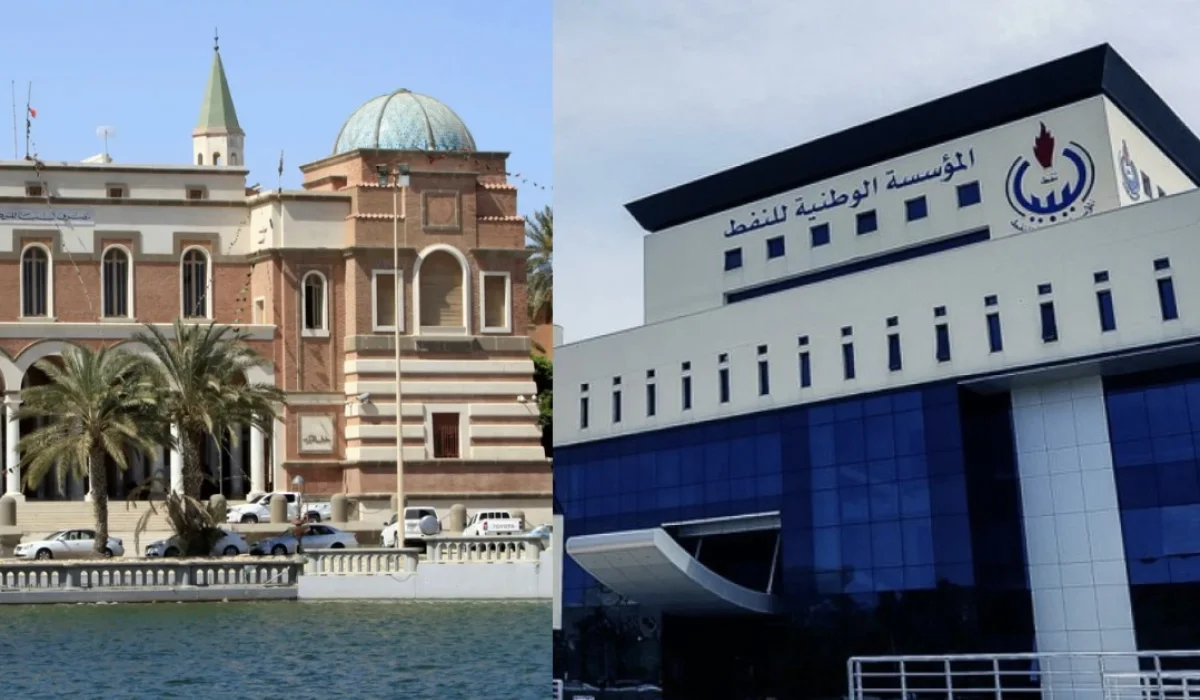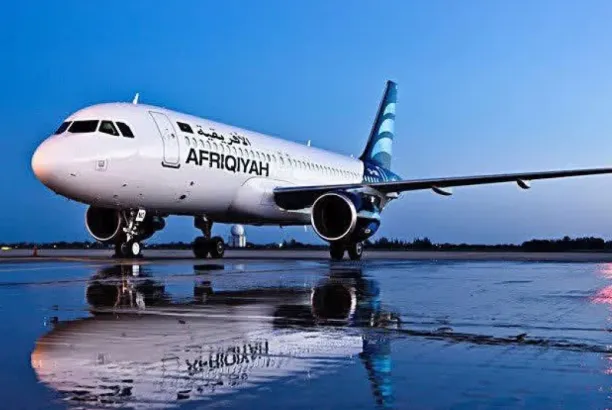
| News
The Central Bank Covers the Demand for Foreign Currency from Its Accounts as the National Oil Corporation Explains Delays in Revenue Deposits
The Central Bank of Libya announced in a statement yesterday that it continues to meet the demand for foreign currency, which exceeds the oil revenues deposited into its accounts since the beginning of January 2025. As of today, these revenues amount to only $500 million.
The CBL called on relevant parties to ensure the regular deposit of oil revenues so that the bank can meet the growing demand for foreign currency.
As of Tuesday, January 14, 2025, the total foreign currency allocated via the platform reached $731 million.
Regarding letters of credit and transfers, the CBL confirmed that it continues to cover all requests from commercial banks, with $490 million allocated for various goods and services without any restrictions. Additionally, $110 million was allocated to meet requests from public institutions, bringing the total to $1.331 billion.
On the other hand, the National Oil Corporation reported that oil revenues for 2024 decreased by $6.447 billion compared to 2023.
The NOC clarified that $2.4 billion of this amount relates to 2022 revenues, transferred to the treasury in 2023. This sum includes $718 million in oil revenues and $1.682 billion in taxes and royalties paid by TotalEnergies for the period from March 2018 to November 2019, representing revenues from previous years rather than 2023.
The NOC added that the average oil production in 2024 fell by 36 million barrels compared to 2023 due to closures that halted production for various reasons.
Furthermore, the average price of Brent crude in 2024 was $1.86 per barrel lower than in 2023.
The NOC highlighted additional financial burdens in 2024, including a $500 million increase in fuel imports due to rising demand from major consumers and repeated shutdowns at the Zawiya Refinery. These challenges necessitated filling the local refining gap through alternative external sources and substituting diesel for gas to sustain essential facilities amid fluctuating gas production.
Additionally, the NOC noted a $100 million increase in fuel supply expenses for the local market compared to 2023, including $40 million in debt settlements from previous years.
Gas imports were valued at $199 million, executed under a Cabinet decision, while $447 million was allocated to settle gas-related obligations to Eni in 2024, compared to 2023. This increase resulted from reduced gas production and higher domestic gas consumption, limiting export volumes.





